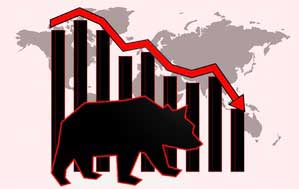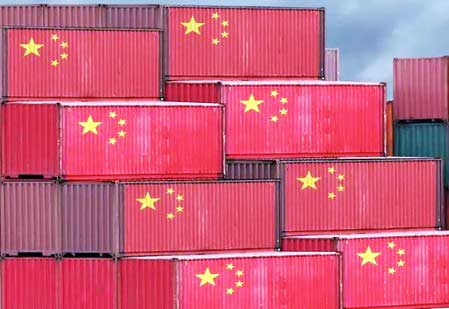The national capital region has been grappling with exorbitant prices of vegetables and grocery items, placing a heavy burden on its residents.
Essential commodities such as vegetables, spices, pulses, fruits, dry fruits, and edible oils are being sold at four times their regular rates.
For the past few weeks, the escalating prices of tomatoes have caused significant distress among households in the city.
This surge has also affected the prices of other vegetables and essential goods required for everyday cooking, leaving little hope for a swift resolution.
A visit to the Ghazipur vegetable Mandi revealed a distressing reality that the wholesale market is experiencing up to a 66 per cent reduction in supply, resulting in retail prices skyrocketing up to four times the regular selling price.
Wholesalers in the market attribute this decline in supply to the incessant rain. “The current market volatility stems from a significant reduction in supply. While we have some control over the prices of onions and potatoes as they can be stored for extended periods, the situation is different for green vegetables. Without proper cold storage facilities, we are unable to store them even for a short duration. As a result, we lack control over the prices of these products,” said Suresh Khanna, a vegetable vendor in Ghazipur Sabji mandi.
Anar Singh, a wholesale dealer of vegetables, predicts that the crisis will worsen in the coming days, as authorities have taken limited action to alleviate the hardships faced by the residents.
He explains, "Crucial elements for a well-rounded meal now impose a severe strain on the average individual's financial resources. Over the past year, the prices of these items have experienced a two to three-fold spike. This upward trajectory shows no sign of abating in the foreseeable future due to supply shortages."
Market traders at Ghazipur claim that the number of trucks arriving at the market has significantly decreased. While over 3,500 trucks used to transport vegetables just a few weeks ago, only 1,100 trucks arrived on July 14.
Previously, Delhi's wholesale markets received supplies from various states across the country.
However, due to crop damage caused by heavy rains, the supply has been severely affected. Many states that used to send consignments to the capital are now prioritizing their local markets, exacerbating the region's misery.
"We used to receive tomatoes from Himachal Pradesh, Rajasthan, Uttar Pradesh, Haryana, Maharashtra, and South India. However, due to the rainfall affecting production, we are now solely dependent on Shimla, Himachal Pradesh. In this crisis, we hold little hope that other states will supply tomatoes to Delhi mandis, as they prioritize meeting their local market needs,” said Rajendra Kumar, a vegetable vendor at Ghazipur Mandi.
“Consequently, tomatoes are now being supplied in the wholesale market at a rate of Rs 80-90 per kilogram, with additional costs and profits imposed by retailers. Consumers, unfortunately, are forced to purchase tomatoes at prices ranging from Rs 140 to Rs 240 per kilogram, depending on the quality," expressed Kumar.
The current situation in New Delhi paints a grim picture for residents, as the scarcity of supplies and the resulting price surge continue to disrupt households' financial stability.






Sensex, Nifty see strong relief rally ahead of key RBI MPC decision
The Indian stock markets staged a robust relief rally on Tuesday, snapping a three-day losing streak ahead of the Reserve Bank of India's (RBI) monetary policy decision on April 9.
Sensex, Nifty tank over 3 pc as global trade war fear rises
In a bloodbath on the Dalal Street, the stock markets plunged on Monday morning following the global sell-off, as the trade war fear increased amid impending US reciprocal tariffs.
Startup funding jumps 2.3 times to $357 million this week
India’s startup ecosystem witnessed a strong funding rebound this week, with total investments soaring over 2.3 times to around $357.29 million across 30 deals, compared to $152.49 million raised by 23 startups last week.
India steps up vigil against cheap Chinese imports amid US tariff hike
India has stepped up vigil to prevent the dumping of cheap Chinese imports in the country after the steep US tariff hike on the goods exported by the Communist country.
Rupee strengthens against dollar amid Trump's reciprocal tariffs
The Indian rupee witnessed sharp gains on Friday at below 85 against dollar, as the dollar index and oil prices dropped sharply amid concerns over recession in the US economy after the reciprocal tariffs were announced.